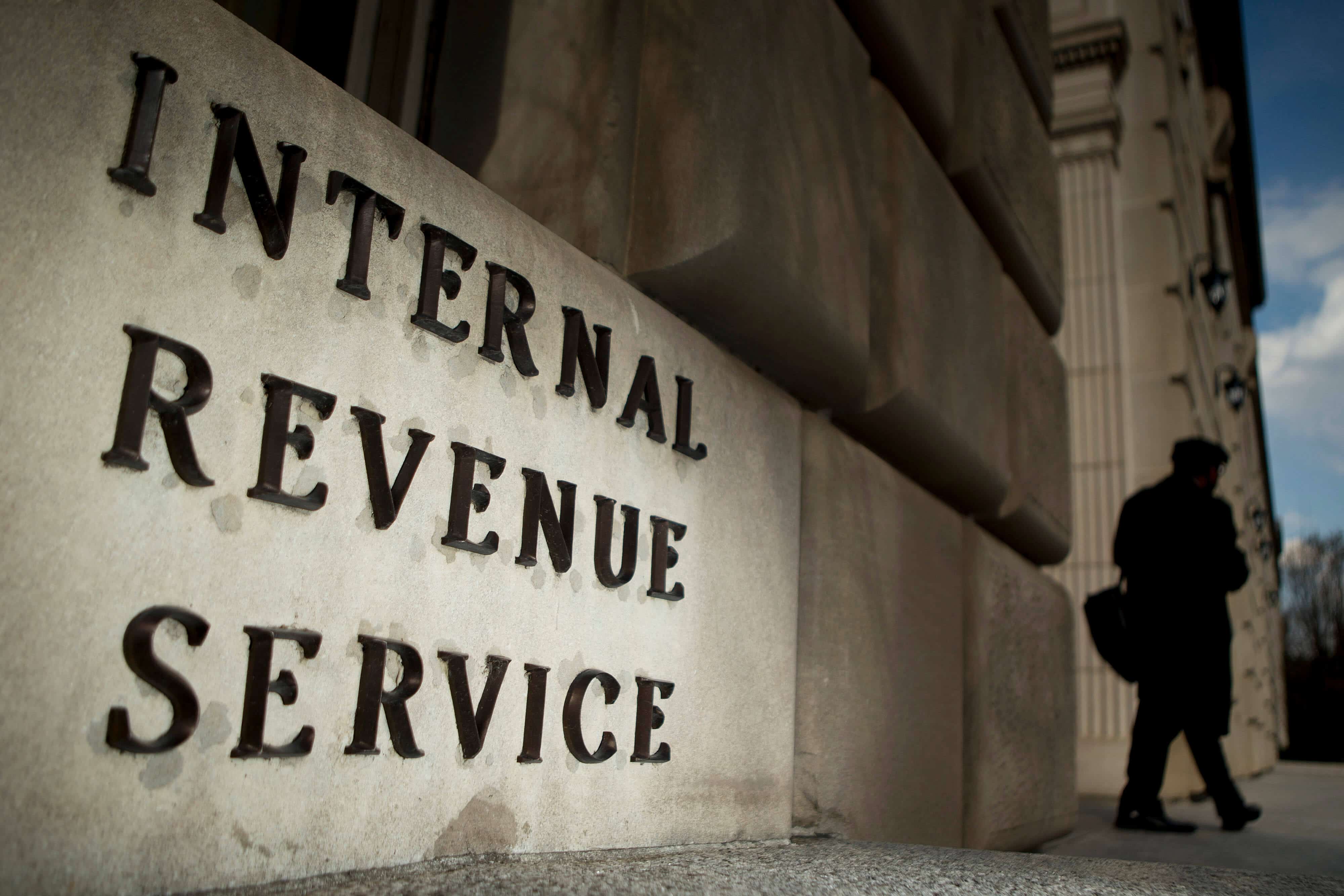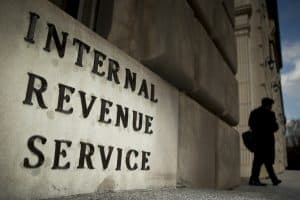Join Our Telegram channel to stay up to date on breaking news coverage
The attempts by a Washington resident to stop the Internal Revenue Service (IRS) from getting data about his Bitcoin holdings on crypto exchange Bitstamp has been denied.
According to a ruling delivered on Monday by Judge John Coughenour of the U.S. District Court for the Western District of Washington, the IRS is free to look into the accounts of William Zietzke, although it’s scope should only be narrowed significantly.
The IRS will be able to proceed with a summons on the cryptocurrency exchange Bitstamp if it sufficiently narrows its request, a judge said. https://t.co/FpIe88Ddgs
— Bloomberg Tax (@tax) November 27, 2019
A Dispute Over a Misfiling
The case began with an inquiry by the tax authority into his cryptocurrency holdings following an amended tax return that was submitted last month. Zietzke has filed a capital gains tax of $104,482 in 2016, although the funds comprised majorly of Bitcoin transactions. He, however, discovered that the transactions had occurred in 2017, so he filed an amended return, showing capital gains pegged at just $410 for 2016. Summarily, he asked for the difference to be returned.
Suspecting foul play, the IRS launched an audit of his crypto transactions, and sent inquiries to several exchanges, including Bitstamp, to find out how much in Bitcoin transactions he had conducted since he opened his accounts with them.
Zietzke eventually filed to stop the inquiry into Bitstamp, claiming that the scope of the investigations was overly broad and that the IRS was operating in bad faith. His arguments also included claims that the IRS already had all it needed to pursue the audit, and that the summons was a direct violation of his Fourth Amendment rights to reasonable privacy.
While the judge did agree that the summons was too broad in its scope, he threw out all the other arguments, noting that the IRS was simply carrying out its responsibilities to look into Zietzke’s transactions. The judge also pointed out that there was no evidence of bad faith, although his order now limits the IRS’ inquiry just to transactions that were conducted in 2016.
Zietzke Continues to Cry Foul
Zietzke has been rather bold in his reproach of the IRS, and it’s campaign to get information about transactions. While trying to quash a similar summons sent to Coinbase about his transactions, he accused the tax authority is trying to develop a “database” where they could monitor everyone who owns virtual currencies.
The agency laughed that off in a November 15 filing, which read in part:
Issues such as these are pointers to why strong legislation concerning cryptocurrencies and their tax obligations are required. While the IRS published guidance on cryptocurrencies a few weeks back, there have been several factual inaccuracies found in that draft, which suggests that the tax authority still has some homework to do.
Hopefully, stronger laws will be enacted that will nip this issue in the bud.
Join Our Telegram channel to stay up to date on breaking news coverage


